The uprisings showed that foreign military intervention rarely produced democratic breakthroughs.
Amr Hamzawy, Sarah Yerkes
{
"authors": [
"Eugene Rumer"
],
"type": "commentary",
"blog": "Emissary",
"centerAffiliationAll": "",
"centers": [
"Carnegie Endowment for International Peace"
],
"englishNewsletterAll": "",
"nonEnglishNewsletterAll": "",
"primaryCenter": "Carnegie Endowment for International Peace",
"programAffiliation": "",
"programs": [
"Russia and Eurasia"
],
"projects": [
"Ukraine Initiative"
],
"regions": [
"Russia",
"Ukraine"
],
"topics": [
"Security",
"Defense"
]
}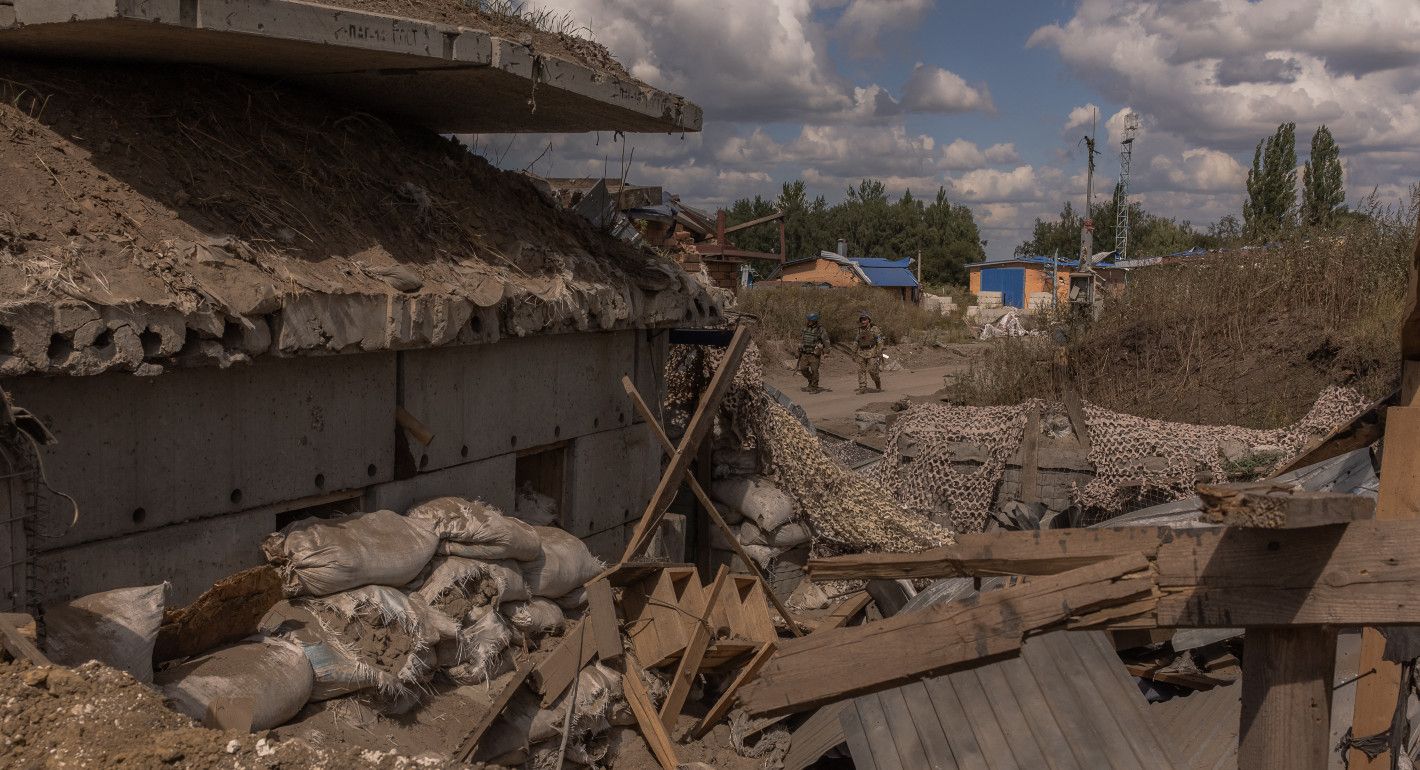
Ukrainian service members guard a destroyed border crossing with Russia on August 14. (Photo by Roman Pilipey/AFP via Getty Images)
The offensive at the site of a storied World War II battle has humiliated Putin. He wants revenge but should prepare for more to come.
“Just when I thought I was out, they pulled me back in,” President Vladimir Putin, echoing Michael Corleone’s famous line from The Godfather Part III, probably thought in recent days. Until a week ago, the war in Ukraine was going well for the Russian leader: his troops were making small but steady territorial gains, the West was growing tired of the war, and Kyiv’s uncompromising refusal to negotiate an end to the conflict was softening. And then, on August 6, the Ukrainian army launched its offensive into the Kursk region of Russia.
It is hard to imagine a more humiliating setback for Putin and his generals than the Ukrainian army seizing some 800 square kilometers of Russian territory in that particular region. To most Russians, the very mention of Kursk invokes the memory of the battle of July–August of 1943. In Soviet and Russian historiography, the Soviet army’s victory in that epic clash paved the way for, in Putin’s own words, “the imminent and inevitable collapse” of Nazi Germany. With countless articles devoted to it in Russian military publications and generations of Soviet and Russian military officers schooled in its lessons, the Battle of Kursk has long been held up by Soviet and Russian military science as the pinnacle of the art of war. On August 23, 2023, Putin personally traveled to the old battlefield to commemorate the eightieth anniversary of that victory, to unveil the Battle of Kursk memorial, and to present awards to soldiers who distinguished themselves in the “special military operation” against Ukraine.
What a difference a year makes! Photographs released by the Kremlin from Putin’s August 12 meeting with his security chiefs to discuss the Ukrainian offensive show little jubilation on their part. The Second Battle of Kursk—if that is what the Ukrainian offensive into Russia will be called—is testimony to both Ukrainian bravery, daring, and resolve and the historic blunder Putin committed by launching a full-scale assault on Ukraine two and a half years ago.
No other part of Russia evokes more iconic images of the heartland than Kursk and nearby regions of Orel and Tula. Spasskoye-Lutovinovo, the estate of Ivan Turgenev, one of the classics of Russian literature, is just to the north in the Oryol region, and Yasnaya Polyana, Leo Tolstoy’s estate, is farther to the north, on the road to Moscow. Both are now museums and cultural shrines supported by the Russian state. Both fell under German occupation during World War II—the legacy Putin invoked in 2022 as the justification for the assault on Ukraine. Russia, he said on February 24, 2022, as his troops marched into Ukraine, “cannot feel safe, develop, and exist while facing a permanent threat from the territory of today’s Ukraine,” which he charged was ruled by a Nazi regime.
In the category of self-fulfilling prophecies, by invading Ukraine, Putin has created a “permanent threat” to the Russian heartland where none had existed before his criminal blunder. Ukraine had posed no military threat to Russia prior to February 2022. Even after Russia had illegally annexed Crimea in 2014, Ukrainian public opinion was divided on the question of joining NATO. As late as November 2021—with Russia massing troops on the border with Ukraine—membership in the alliance was favored by 54 percent of Ukrainians, while 28 percent opposed it, and the rest didn’t know what to say. A still significant minority of Ukrainians—21 percent—also favored joining the Russian-led customs union. Only 3 percent of Ukrainians considered the annexation of Crimea by Russia an important issue. Twenty percent—a significant minority but far below such issues as corruption and cost of living—considered the Russian-sponsored conflict in Donbas a priority. In February 2024, two years since the start of the all-out Russian invasion, 77 percent favored joining NATO, only 5 percent opposed it, and 46 percent saw Russia as the biggest threat to Ukraine (second only to government corruption at 51 percent).
Understand the world with the latest from our scholars around the world.
No matter how it ends, the Second Battle of Kursk is a preview of what the Russian national security establishment will have to worry about for the indefinite future. On its southwestern flank, Russia will face a country moved by its sense of grief, trauma, historic injustice, and desire for revenge. Ukraine will have a battle-tested, motivated military, equipped with the latest armaments from its own surging defense industry and its NATO partners. Even if the war ends with Russia holding on to the territories it has occupied, the victory will be truly Pyrrhic. For a country like Russia that has long equated its security with land acquisition and strategic depth, the emergence of Ukraine—thanks to Putin’s blunder—as an implacable adversary within easy striking distance of the Russian heartland is a permanent security threat that will long outlast Putin.
However, Putin’s hold on power is unlikely to be weakened as a result of this humiliation. The entire Russian political and military establishment is complicit in his war and responsible for this disaster. They are all Putin’s creatures who depend on him for their political and probably physical survival: Sergei Shoigu, Putin’s fishing and hiking buddy who served as defense minister for over a decade and only recently was moved to the largely ceremonial chairmanship of the Security Council, while the Defense Ministry is being rocked by seemingly endless revelations of corruption and arrests of senior officers; Alexander Bortnikov, the long-serving head of the FSB—the Federal Security Service—that had fed Putin rosy predictions about a short, victorious war; and General Staff chief General Valery Gerasimov, whose name has become synonymous with military incompetence. After Yevgeny Prigozhin’s coup attempt a year ago, when “Putin’s chef” accused them of incompetence and threatened their survival, they are holding on to Putin’s coattails even tighter.
The Russian public, brainwashed by the propaganda it is fed constantly on TV, remains broadly supportive of the war. In a July poll conducted by Levada, one of the few remaining independent Russian public opinion research organizations, 75 percent of respondents approved of the war. And based on Russian media reporting, some of which has been surprisingly informative, the Ukrainian incursion into the Kursk region is reinforcing the Russian public’s supportive attitudes. Apparently indifferent or possibly ill-informed about the destruction of Ukrainian towns and villages by Russian troops, Russian residents of the Kursk region affected by the fighting have been shocked by the sight of damaged buildings and burning vehicles, the confusion that prevails among Russian first responders, and the evacuation order affecting some 120,000 people.
In their eyes, the Ukrainian attack is proof that the war is justified. To the extent they criticize it, much like Prigozhin, they aim their anger at Putin’s generals rather than Putin. “There is only crazy corruption [in the Ministry of Defense],” said one evacuee to a reporter from the Russian daily Kommersant. “They are all being sent to prison, while simple folk look and wonder, ‘You want to win the war with such people?’ . . . In 2022, we all felt sincerely patriotic. Everything for the front, everything for victory. . . . But then we saw that everything is going not as it was planned. And we began to think—who made those plans? . . . Maybe it made no sense to march on Kyiv? Maybe we should have liberated Donbas first? Why did [derogatory term for Ukrainians] prepare for ten years [for the war], while we negotiated with the West for ten years? They—[the West]—have shown their face at the [Paris] Olympics—all Satan-worshippers and pederasts.”
To the extent there was hope for a negotiated pause or an end to the war before the Ukrainian incursion—and there is little to suggest that there was any—the Kursk offensive has put an end to it for the foreseeable future. The daring move has put Putin on his back foot and humiliated him. The Russian leader is not one to back off in such circumstances. In an apocryphal story about a rat in Putin’s autobiography, the animal grows only more aggressive when backed into a corner. The Russian leader will likely double down on his war, intent on revenge, and Ukraine will again pay a heavy price. With the elite and the public behind Putin, each driven by its own logic, who or what will stop him?
The uprisings showed that foreign military intervention rarely produced democratic breakthroughs.


Amr Hamzawy, Sarah Yerkes
A conversation with Karim Sadjadpour and Robin Wright about the recent protests and where the Islamic Republic might go from here.

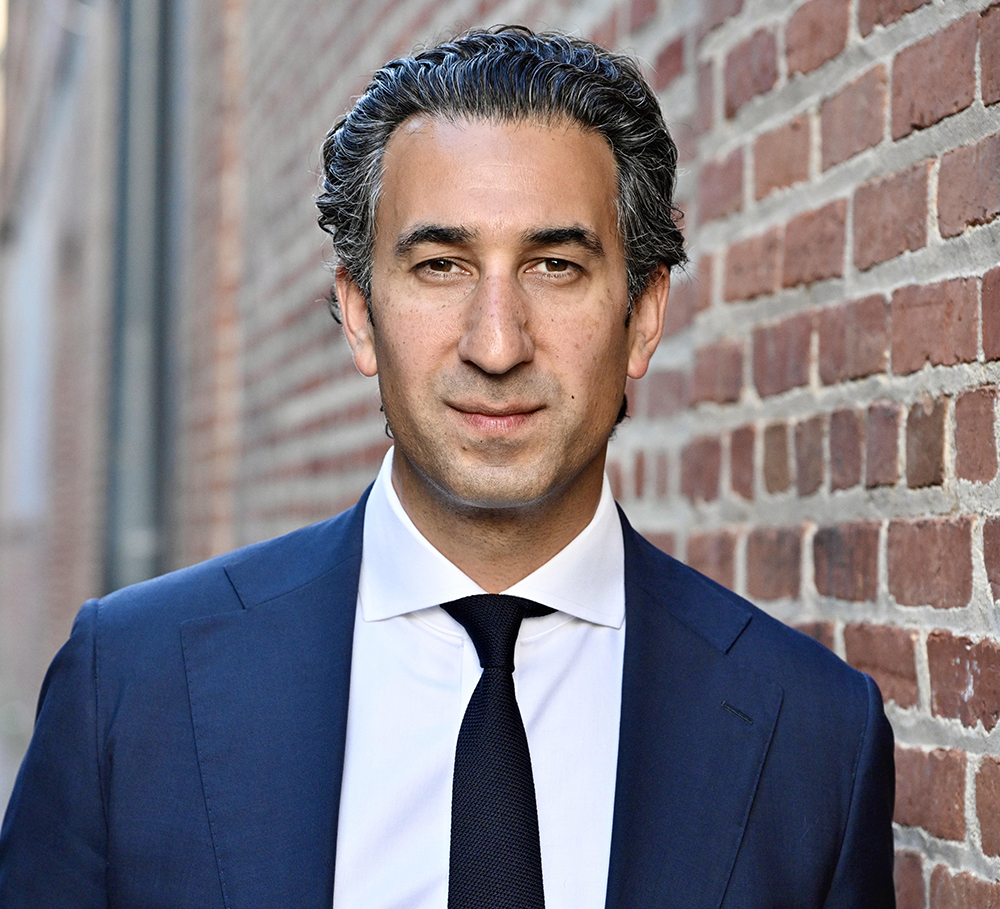
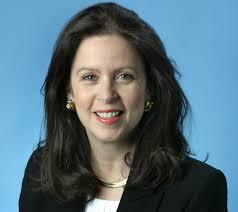
Aaron David Miller, Karim Sadjadpour, Robin Wright
From Sudan to Ukraine, UAVs have upended warfighting tactics and become one of the most destructive weapons of conflict.


Jon Bateman, Steve Feldstein
And how they can respond.
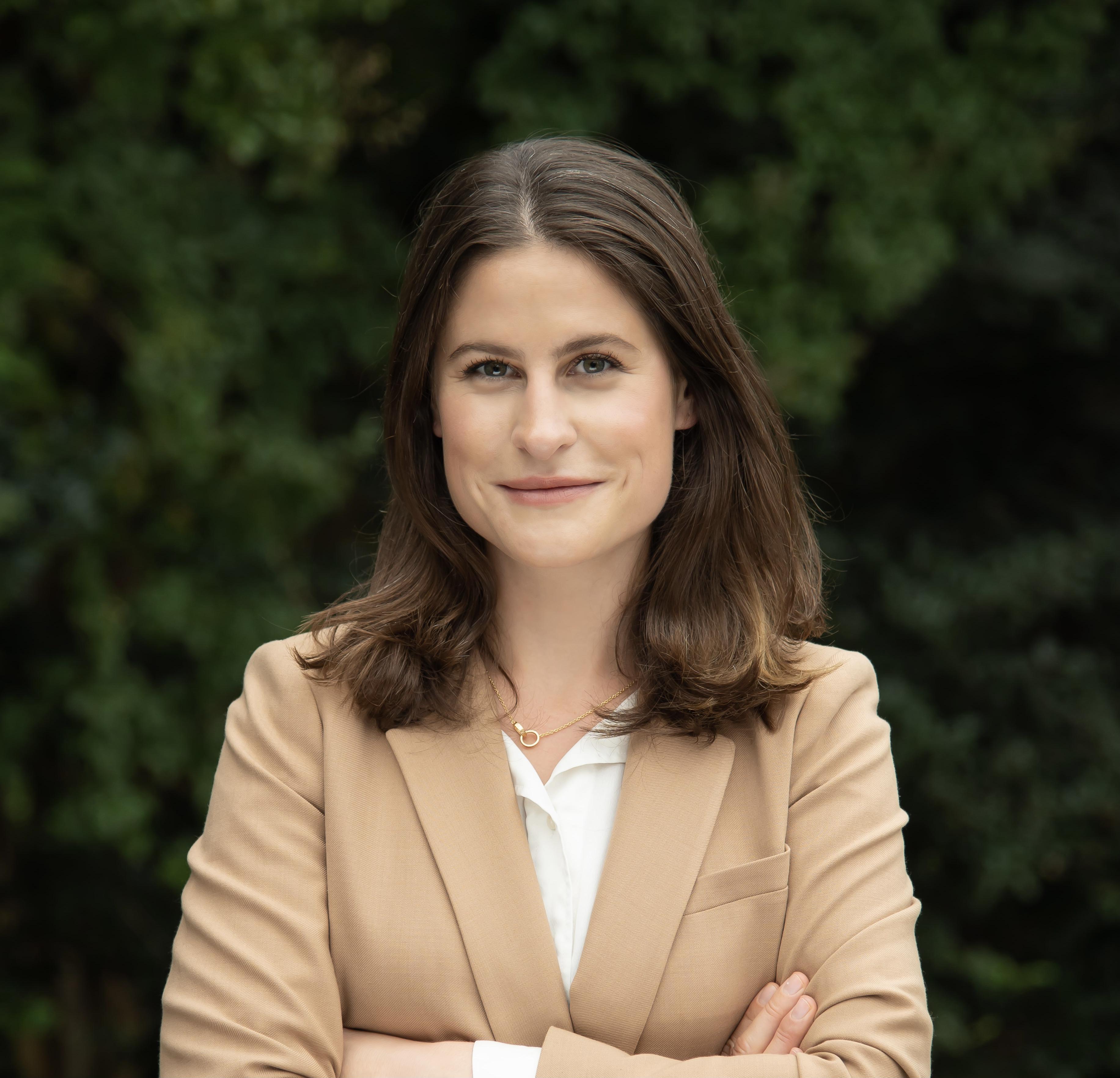

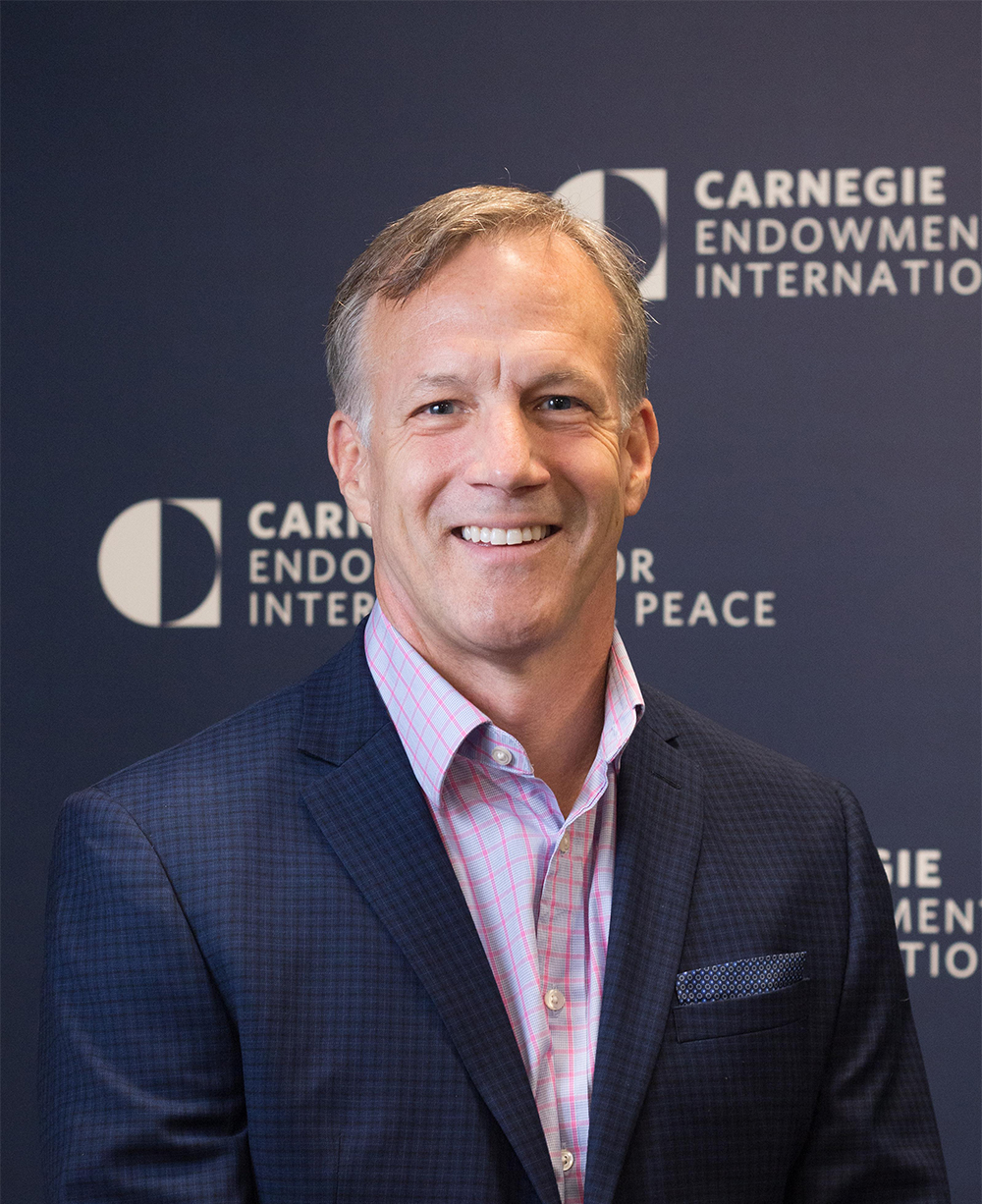
Sophia Besch, Steve Feldstein, Stewart Patrick, …
They cannot return to the comforts of asymmetric reliance, dressed up as partnership.

Sophia Besch